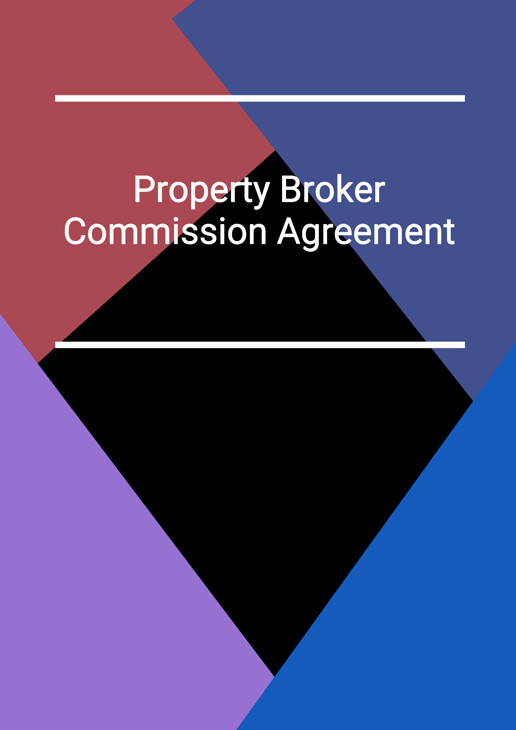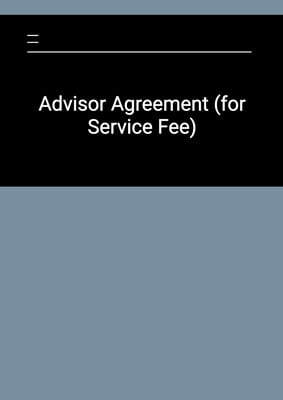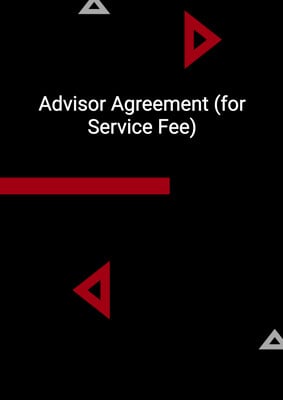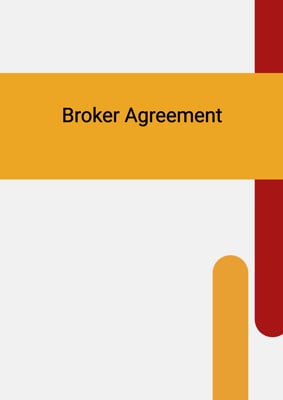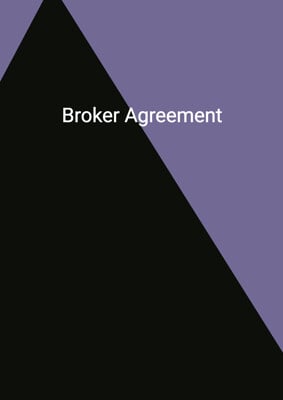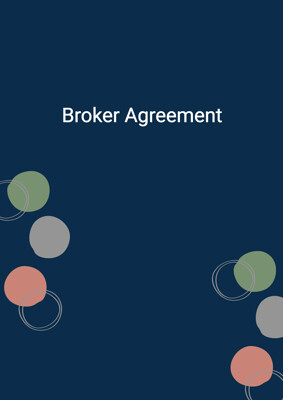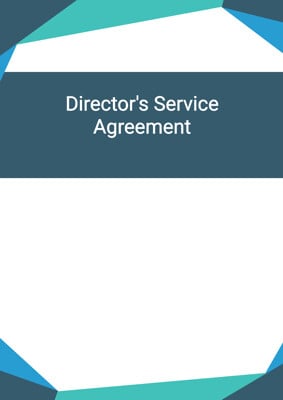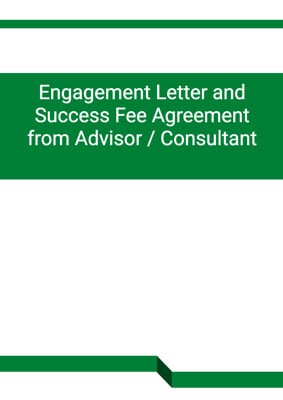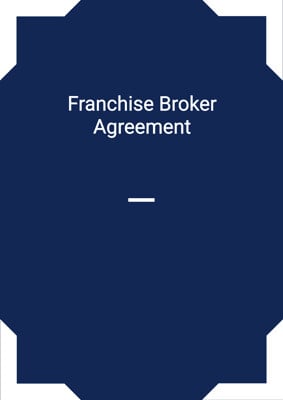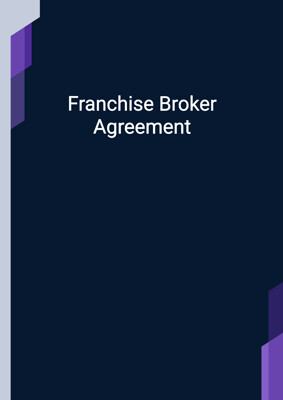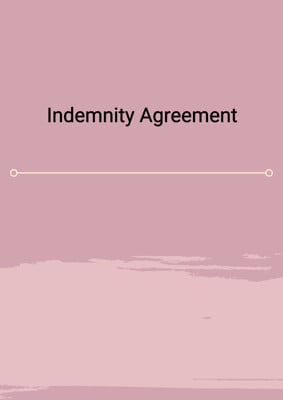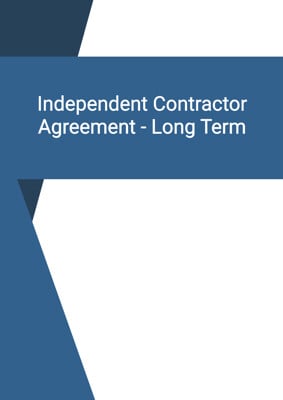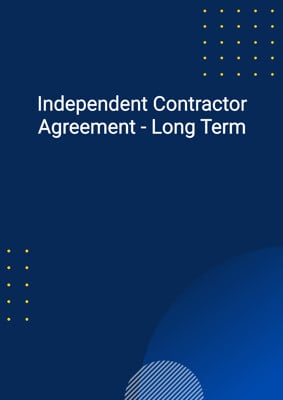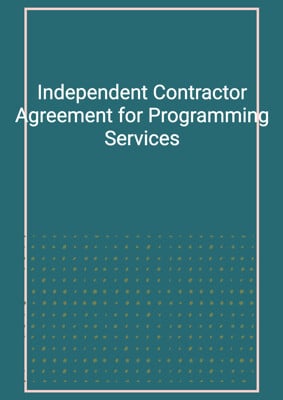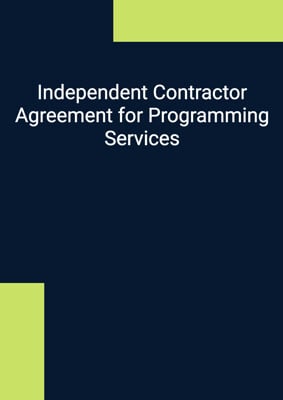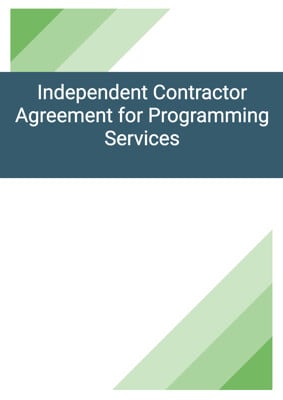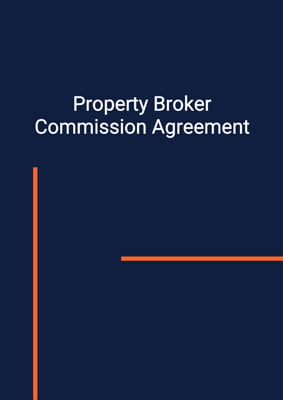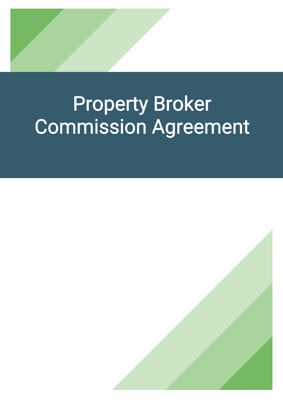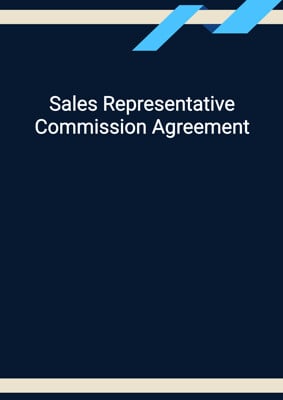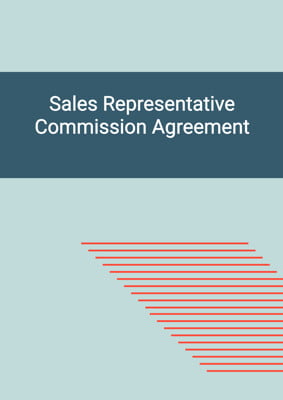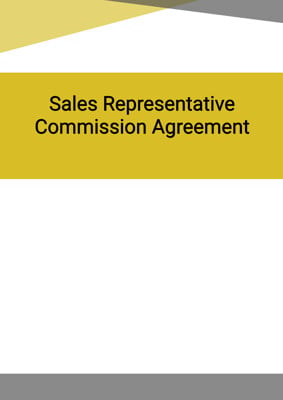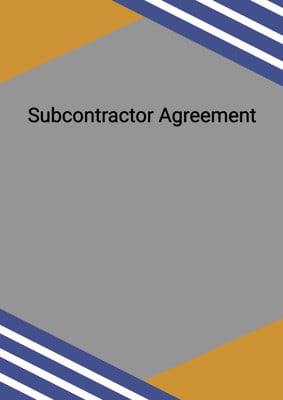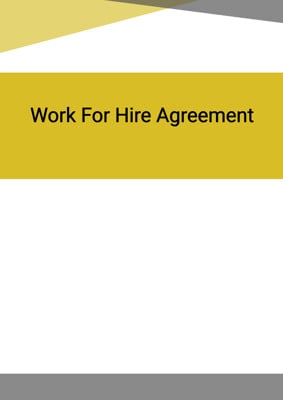How to Tailor the Document for Your Need?
01
Create Document
Fill in the details of the parties. You can click the "Fill with Member’s Information" button to complete it with information saved to your account.
02
Fill Information
Please fill in any additional information by following the step-by-step guide on the left hand side of the preview document and click the "Next" button.
03
Get Document
When you are done, click the "Get Document" button and you can download the document in Word or PDF format.
04
Review Document
Please get all parties to review the document carefully and make any final modifications to ensure that the details are correct before signing the document.
Document Preview
Document Description
The Property Broker Commission Agreement is a legal document that establishes the terms and conditions between the owner of a property and a broker who will act as the exclusive sales agent for the property. The agreement highlights the importance of engaging the broker's services and outlines the responsibilities of both parties.
The document begins with a detailed introduction, stating the names and principal places of business of the owner and the agent. It explains that the owner owns a property and wishes to engage the agent as the sole and exclusive sales agent for the property. The agent, who is engaged in the business of leasing and marketing properties, desires to accept the employment.
The agreement is divided into several sections, each addressing specific aspects of the agreement. The first section, Article 1, focuses on the term and termination of the agreement. It states that the agent's duties and responsibilities will begin on the current date and end on a specified end date, unless terminated earlier by either party with a 30-day written notice. It also outlines the commissions payable to the agent for any new leases or transactions executed within six months following the expiration or termination of the agreement.
Article 2 covers the services to be provided by the agent. It states that the agent will be the exclusive broker for leasing and selling any space in the building on the property. The agent will perform the services in accordance with applicable professional standards and will be responsible for preparing a marketing plan and budget, as well as advertising and promotional materials. The owner will refer all inquiries to the agent and conduct negotiations through the agent. The section also addresses the reimbursement of sale expenses, the handling of security deposits, and the agent's role in technical matters.
Article 3 focuses on indemnification, stating that the agent will defend and hold harmless the owner from any third-party claims arising from the agent's gross negligence or intentional misconduct. The owner, in turn, will defend and indemnify the agent from any loss arising from the condition of the property or any incorrect information provided by the owner.
Article 4 addresses the compensation of the agent, specifying that the agent will receive remuneration in accordance with the terms of the agreement and a schedule attached to the agreement.
Article 5 covers the notices to be given under the agreement, stating that all notices, demands, consents, and reports must be in writing and delivered by hand or by a recognized overnight courier service.
Finally, Article 6 includes general provisions, such as confidentiality, limited liability, non-discrimination, attorney's fees, and the survival of certain provisions after the expiration or termination of the agreement.
Overall, the Property Broker Commission Agreement is a comprehensive document that clearly outlines the rights and responsibilities of both the owner and the agent in a property sales transaction.
How to use this document?
1. Engage the agent: Enter into a written agreement with the agent, clearly stating the names and principal places of business of both parties. This ensures that both parties are identified and bound by the terms of the agreement.
2. Specify the term and termination: Clearly define the start and end dates of the agreement. Include provisions for termination by either party with a 30-day written notice. This allows for flexibility and ensures that both parties have the option to terminate the agreement if necessary.
3. Outline the services: Clearly describe the services to be provided by the agent, including the exclusive broker role for leasing and selling the property. Specify that the agent will prepare a marketing plan and budget, as well as advertising and promotional materials. This ensures that both parties are aware of the scope of work and the agent's responsibilities.
4. Address indemnification: Include provisions for indemnification, stating that the agent will defend and hold harmless the owner from any third-party claims arising from the agent's gross negligence or intentional misconduct. Similarly, the owner will defend and indemnify the agent from any loss arising from the condition of the property or any incorrect information provided by the owner. This protects both parties from potential legal liabilities.
5. Determine compensation: Clearly specify the compensation of the agent, including any commissions payable for new leases or transactions. Attach a schedule to the agreement that outlines the commission rates and payment terms. This ensures that both parties are aware of the financial arrangements.
6. Follow proper notice procedures: Ensure that all notices, demands, consents, and reports are in writing and delivered by hand or by a recognized overnight courier service. This ensures that both parties receive important communications in a timely manner.
7. Understand the general provisions: Familiarize yourself with the general provisions of the agreement, including confidentiality, limited liability, non-discrimination, attorney's fees, and the survival of certain provisions after the expiration or termination of the agreement. This will help you understand your rights and obligations under the agreement.
8. Seek legal advice if needed: If you have any doubts or concerns about the agreement, consult with a legal professional. They can provide guidance and ensure that the agreement complies with applicable laws and regulations.
9. Keep records: Maintain accurate records of all transactions and communications related to the agreement. This will help resolve any disputes or issues that may arise in the future.
10. Review and update the agreement: Periodically review the agreement to ensure that it remains relevant and reflects any changes in your business or legal requirements. Update the agreement as necessary to protect your interests and maintain a mutually beneficial relationship with the agent.
Not the right document?
Don’t worry, we have thousands of documents for you to choose from:
